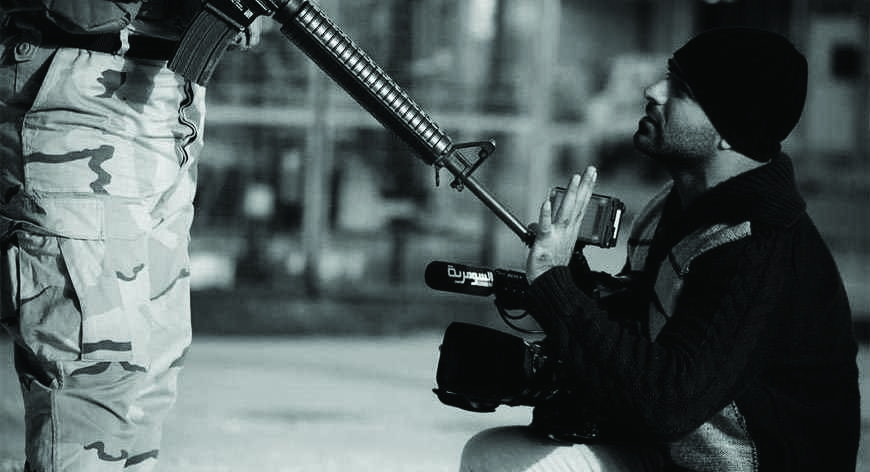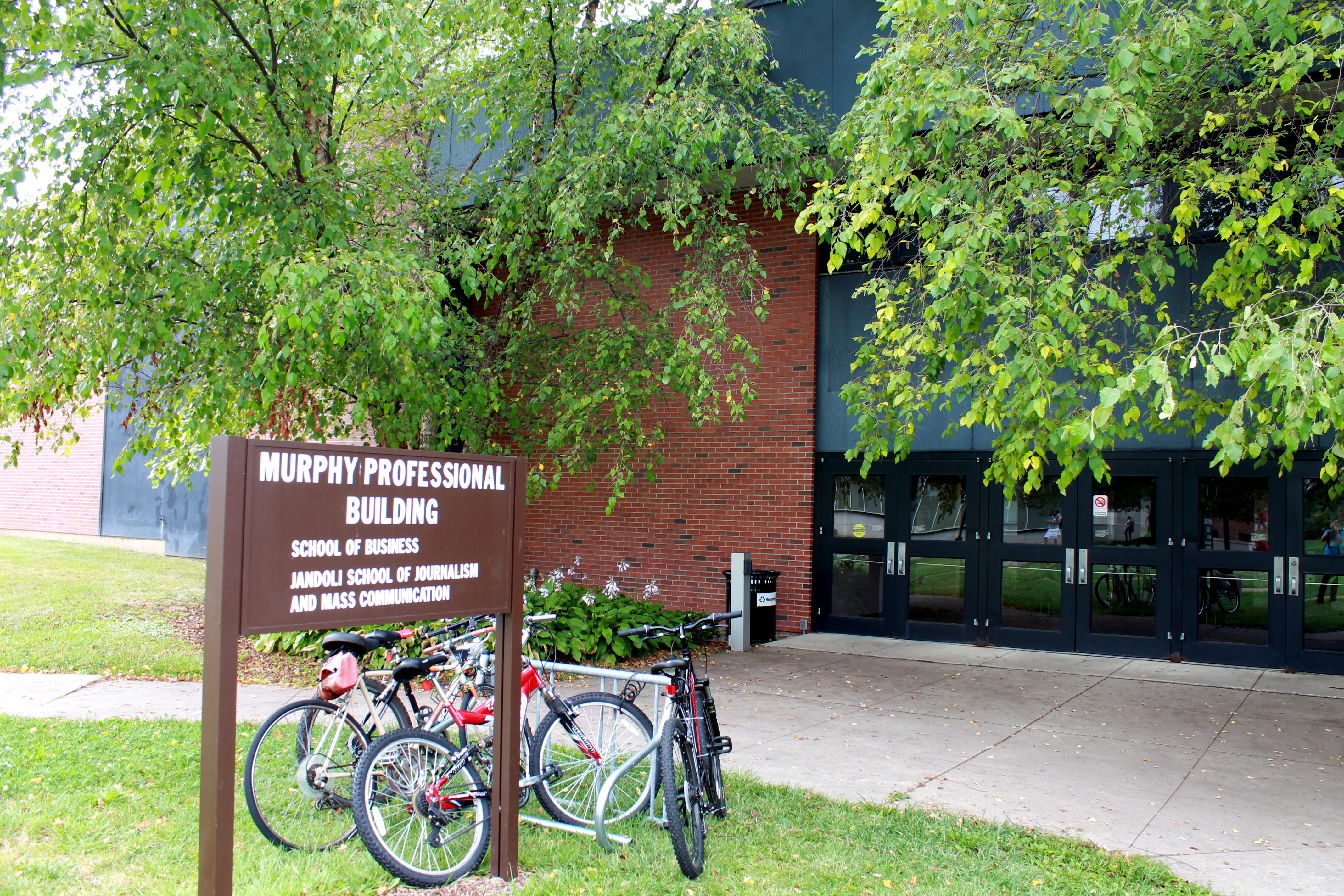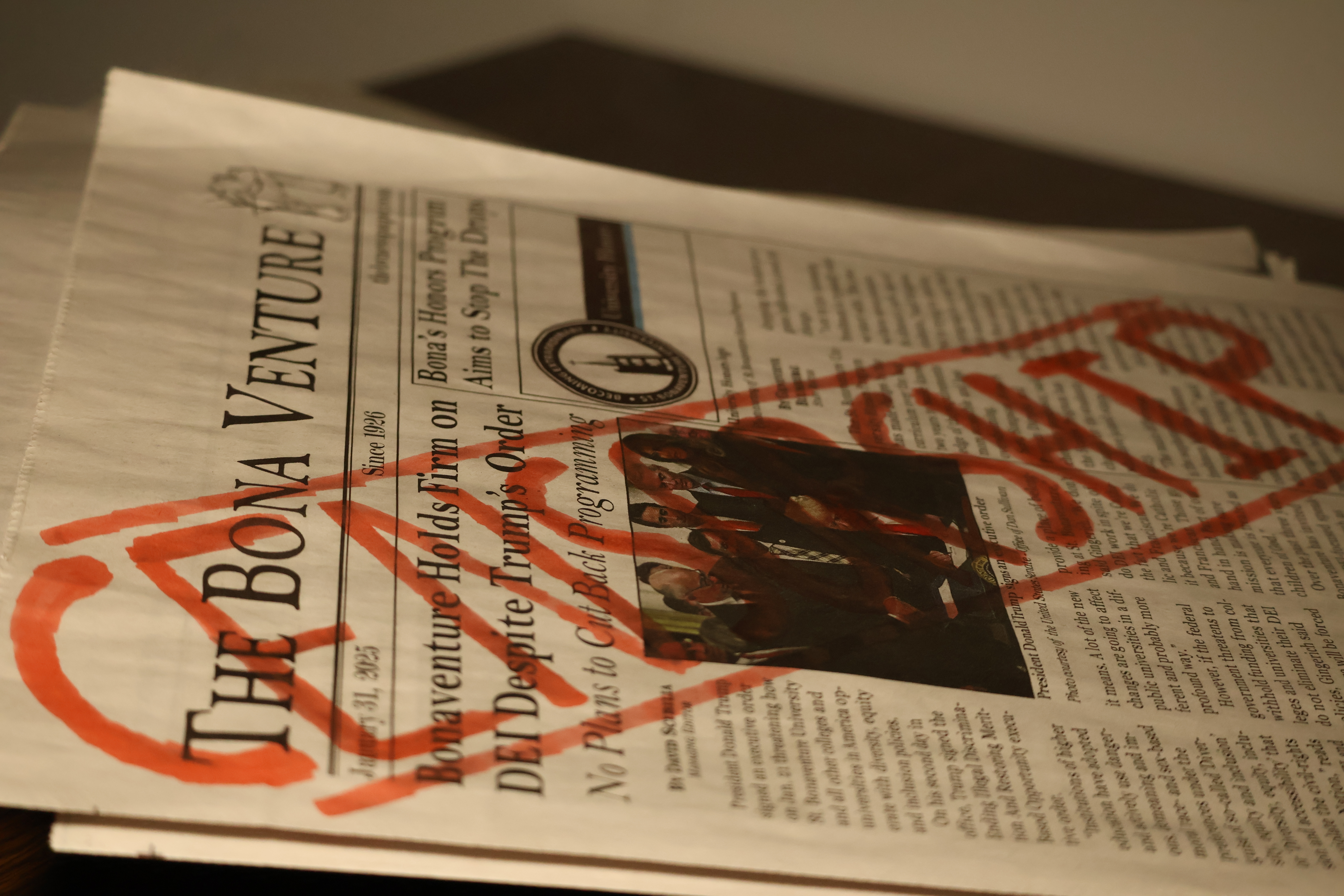When I was deciding on my college major and my future career path, I knew that I wanted to change the world. Being that I loved writing as well, it only made sense that I would go into journalism, where exposing the truth and informing society were daily requirements of the career. Bags packed in the car and on my way to St. Bonaventure, my mom said one thing to me that has always stuck: “I love you, but please don’t end up in Syria.”
In 2017 when I started my first year of college, there was an estimated number of 48 journalists killed around the world, and there was a record number, at the time, of journalists imprisoned and threatened, according to The Washington Post. Places such as Syria, Iraq, Mexico and India were listed with the highest number of journalistic deaths.
In Jan. 2018, The Washington Post reported two journalist deaths and 189 imprisonments. And in the completed 2018 year, The Committee to Protect Journalists reported 54 killed.
Censorship among these countries is common, and those who do expose the truth are often punished for it. In internally war-driven countries like Syria, many websites are banned for political reasons, and those who access them may be arrested. In Mexico, censorship is legalized in regard to copyright laws. When it comes to China, the Communist Party has created obstacles when accessing some news and limits on content, all of which violate users’ rights.
On Monday, The New York Times published an opinion article on journalists being targeted worldwide for the role they play in “ensuring a free and informed society.” The author discussed how President Donald Trump’s “fake news” has inspired autocratic rulers worldwide to follow similar beliefs, which, as a result, has led to some serious problems.
The article cited a poll that found 82 percent of Republicans (in the United States) now trust Trump more than journalists, partially because of the “fake news” rhetoric.
I’ve discussed the idea of “fake news” with my journalism peers and professors countless times, but never in my college career has there ever been any discussion in my journalism classes as to journalists being targeted, imprisoned, beheaded and made examples of. It’s as though it’s an unsaid problem that we all fear, and although the statistics are in each journalism student’s favor, even if they end up stationed in one of these nations, there’s still the innate concern, thinking “maybe I will be one of the unlucky ones.”
Instead of only a pen and paper, some journalists now spend money on bulletproof vests and gas masks, and this “fake news” rhetoric and a journalism-hating president only have added fuel to that fire in the states.
That day while traveling to Bona’s with my mom, I promised her I would never end up in a warzone. And I meant it at the time. It was never my intention to end up in a foreign country where I could be taken hostage.
But as the U.S. has become more hostile toward journalists, and as our president has stirred up enough hatred toward journalists, my whole family has begun to fear for this country just as badly. What once were problems solely for warzones and poor countries, the U.S.’s growing hatred and disregard for journalists has blossomed into death threats and explosive devices, and no news organization is safe. Just ask CNN.
But still, even as journalists face all of these barriers and hardships, knowing that anything could happen to them when they walk into the workplace, they continue to do their jobs. Each journalist knows that regardless of whether they work for CNN or BBC, in the U.S. or Syria, there is a possibility that he or she will not live through the day. But even so, each journalist decides on the major and applies for the position, hoping to be that positive change in the world instead of another statistic.
Being a journalist requires an immense amount of bravery and fearlessness. With as many death threats sent and people held hostage, these characteristics should be among the most important ones on any journalist’s resume, both in warzones and on the homefront.
Natalie Forester is the Editor in Chief for The Bona Venture.
Her email is forstena17@bonaventure.edu








